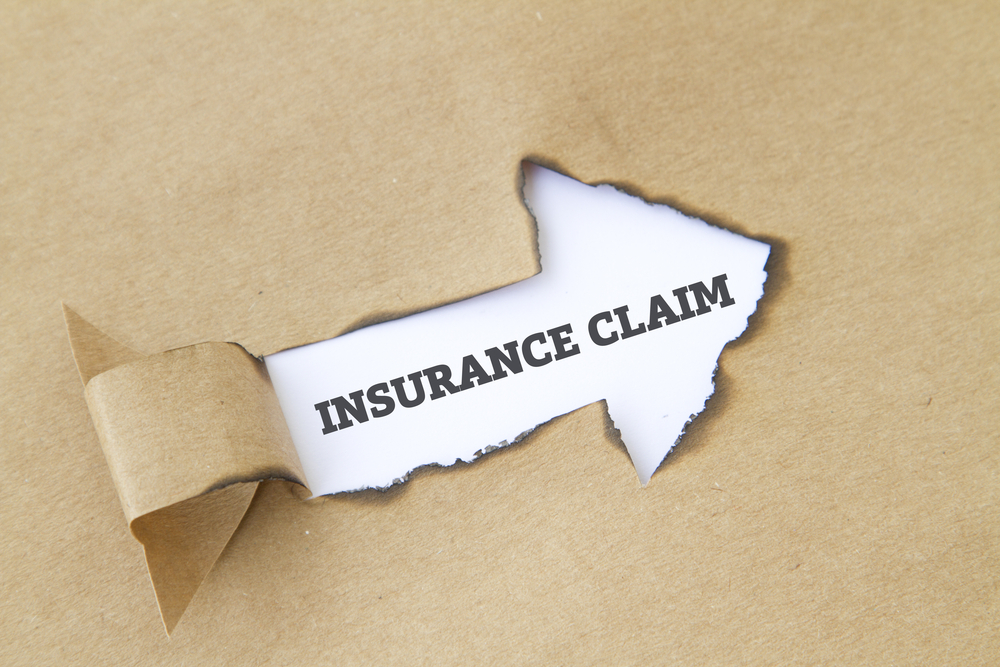The death of former Tata group chairman Cyrus Mistry in a traffic accident has sparked a discussion over the legitimacy of insurance claims in accident cases, but industry leaders argue that the objective of purchasing insurance is to hedge against risk, whether caused by human error or otherwise.
Human mistake or rule violations are unlikely to invalidate an insurance policy, and accidental death claims will continue to be honoured, however payout amounts may be reduced in unusual situations.
They claim that insurance paperwork do not specifically specify actions, such as not wearing a seat belt, that might affect compensation payments in the event of the death of people other than the driver.
However, most policies state that “any accidental loss or damage suffered while the insured or any person driving the vehicle with the knowledge and consent of the insured is under the influence of intoxicating liquor or drugs,” and that the compensation amount may be limited and vary depending on the car make and the type of policy taken.
It should be mentioned that the former Tata Sons Chairman and a friend of his perished in a horrific road accident while heading back to Mumbai from Ahmedabad on Sunday afternoon, along with two other people who were injured.
According to early investigations by the state police, the fatalities were not wearing seat belts and the accident was caused by over-speeding and a “error of judgement” by the driver.
“The vast majority of accidents are caused by human error.” We’re here because such human mistakes occur; if such human errors did not occur, there would be many fewer accidents. One purchases a coverage that covers his or her own carelessness.
“However, our priority is always safety.” “We continue to educate clients about their safety and sensitise them via ongoing advertising since an insurance policy can only pay for financial loss but not for the loss of human life.
Insurance companies cover claims resulting from human mistake or carelessness; for example, one may experience an accident when cooking at home, or there may be a fire event, or anything along those lines, he said.
“If the insured has comprehensive car insurance, the damages to the vehicle will be compensated in accordance with the policy terms and conditions.” Furthermore, the coverage covers the risk of people in the vehicle. Furthermore, I would highly advise everyone travelling in a car to always wear a seat belt.
Rash driving is a violation of Section 279 of the Motor Vehicles Act, and it is recommended that motorists observe safe driving habits at all times, according to a Chief Technical Officer of another private sector insurance who requested anonymity.
“In the event of an unfortunate accident caused by hasty or careless driving, the insurance company is legally required to honour the claim for vehicle damages in accordance with the terms and conditions provided in the motor insurance policy,” the quoted official added.
According to an employee from another general insurance agency, whether a back passenger is wearing a seat belt or not makes no difference in the claim’s rejection.
Back seat passengers must wear seat belts in India as part of an obligatory traffic safety law.
Third-party insurance is required for all cars, although own damage is currently optional.
Vehicle owners often purchase a comprehensive insurance coverage (own damage and third party combined) once a year due to the one-year length of such plans.
According to the insurance contract, the owner and the insurance firm offering the policy are the first and second parties, respectively. A person other than the vehicle’s owner is referred to as a third party.
Datta and one of the named individuals said that as insurers, they are unable to monitor whether a motorist is speeding, wearing a seat belt, or if the person is sleep deprived, among other things.
“Whether a person is wearing a seat belt or not is not a subject issue of insurance contract,” says Prudent Insurance Brokers joint managing director Pavanjit Singh Dhingra.
As a result, a passenger killed or wounded in an automobile accident would be eligible for a third-party Insurance claims, he said.
Several insurers’ websites list the main reasons for claim denial, including drunken driving, driving without a licence, non-disclosure of information/hiding the truth, fraudulent claims, delay in notification, policy lapse, and automobile modification without alerting the insurer, among others.
READ ALSO: How can EV insurance be normalised?
However, if a driver is negligent, such as driving in a flooded region despite the manufacturer’s handbook saying that the vehicle would break down if driven in such conditions, an insurer has the complete authority to reject the claim.
Even violations of criteria, like as using a personal automobile for business reasons, might result in the claim being rejected.



